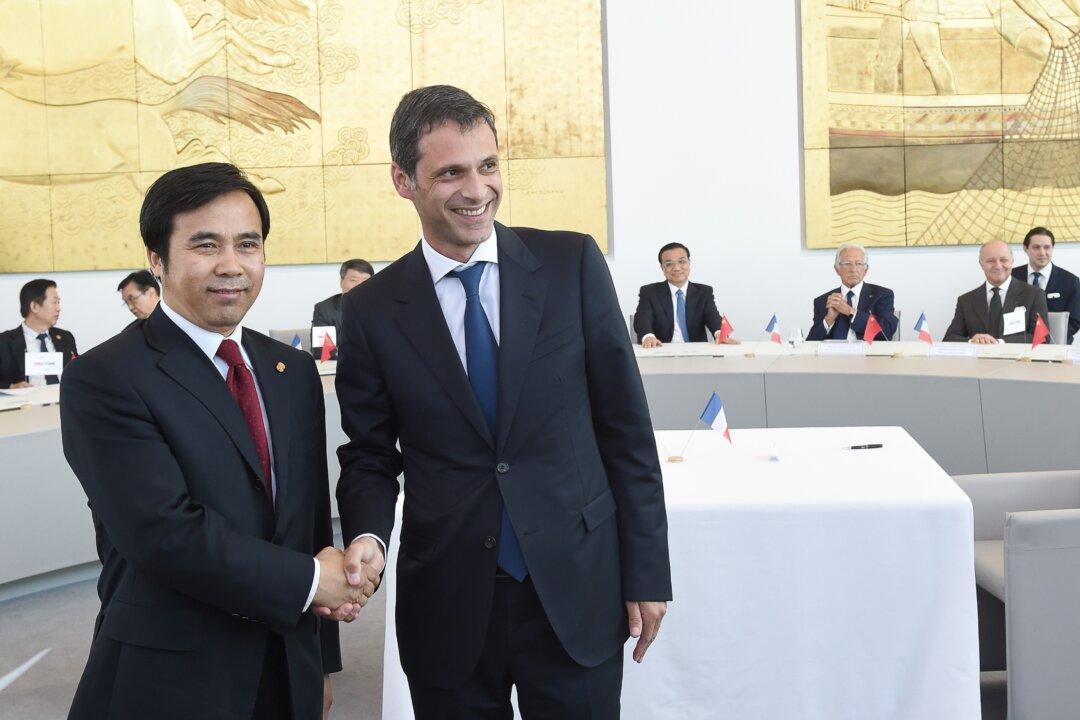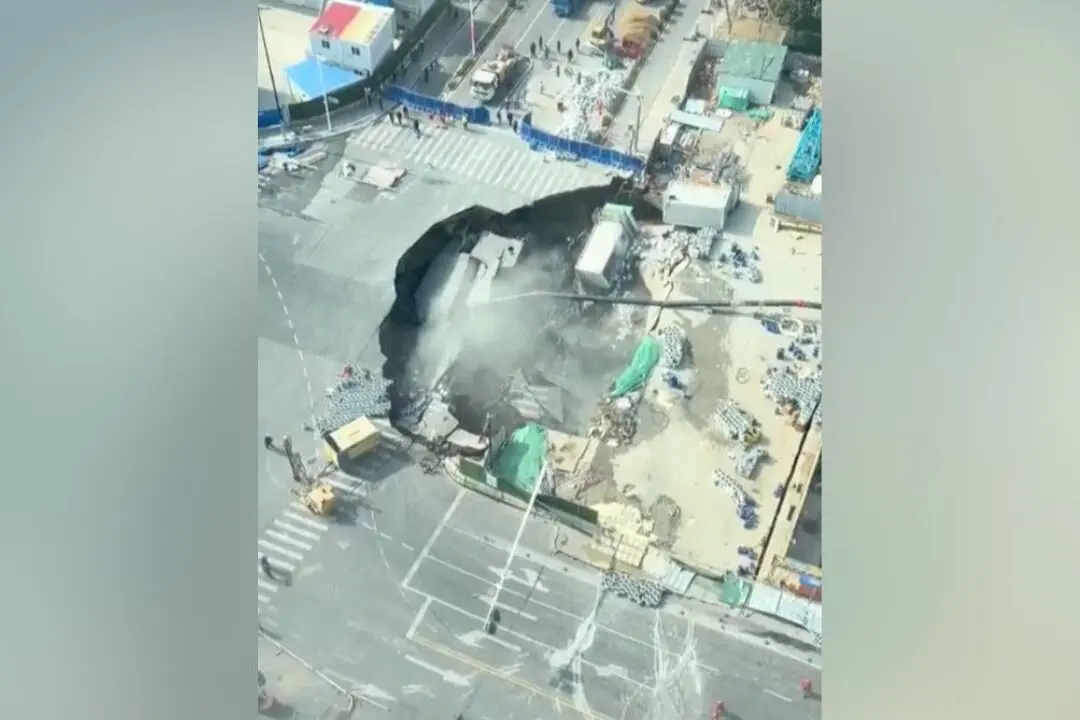A Chinese court on Nov. 26 handed a suspended death sentence to Liu Liange, former chairman of the state-owned Bank of China, after being found guilty of accepting bribes and granting loans illegally.
Liu’s fall from grace adds to the growing list of senior bankers and executives in China’s $66 trillion financial sector who have been ensnared in the sweeping anti-corruption campaign initiated by Chinese Communist Party (CCP) leader Xi Jinping.




